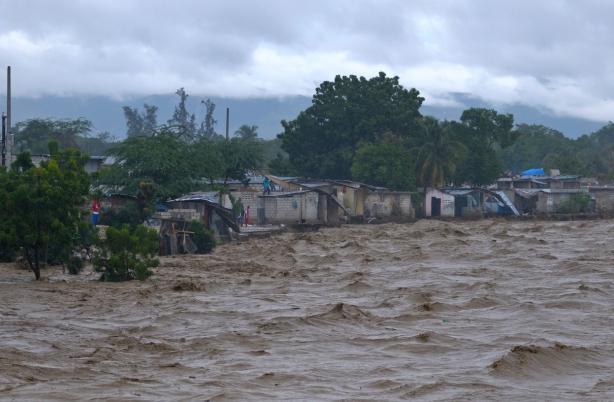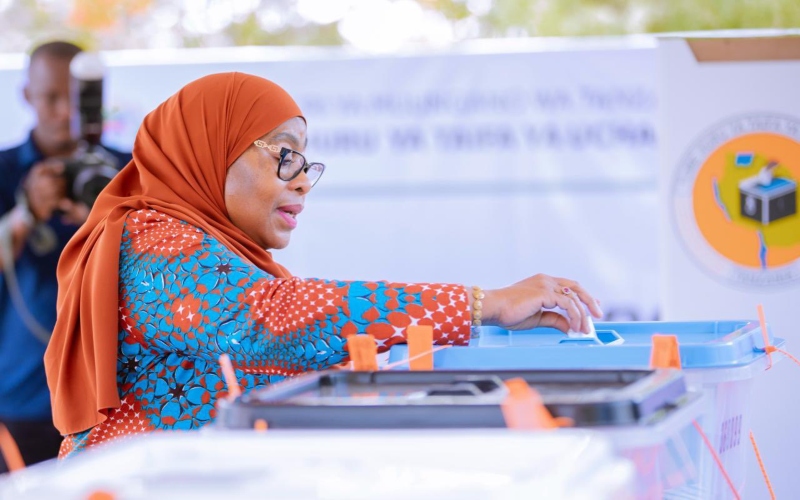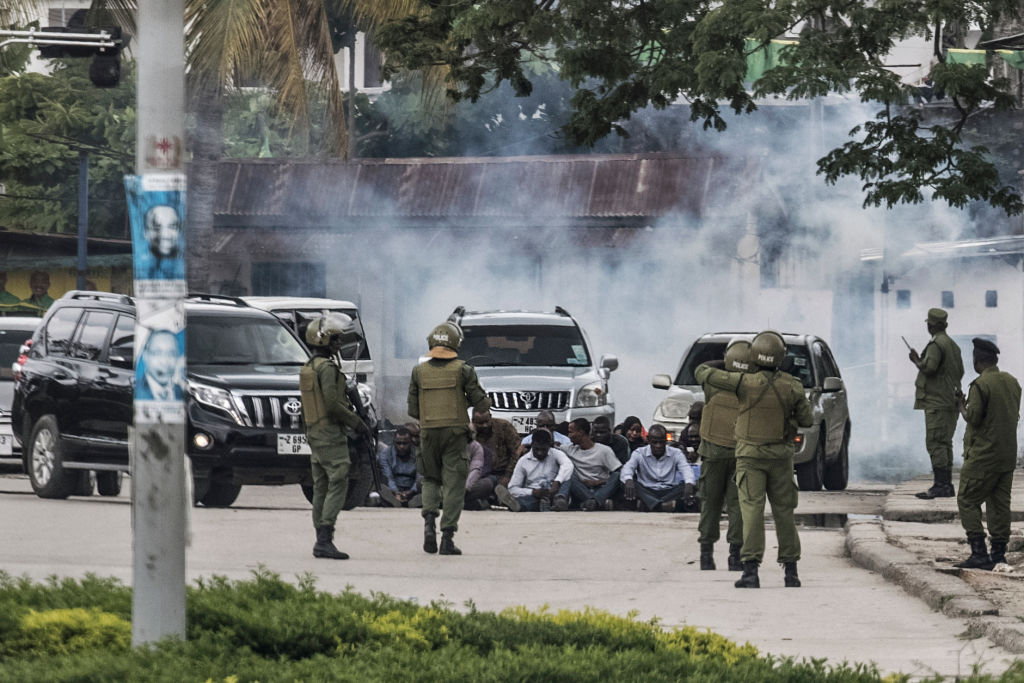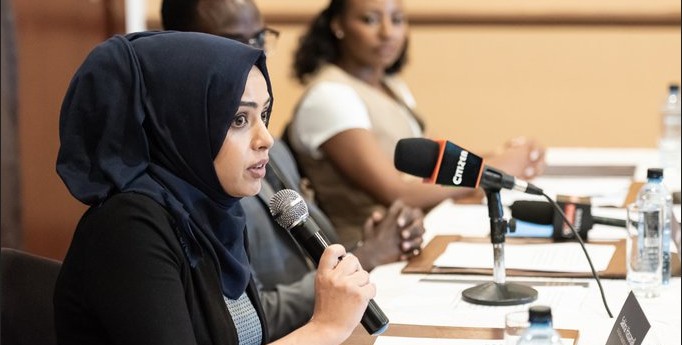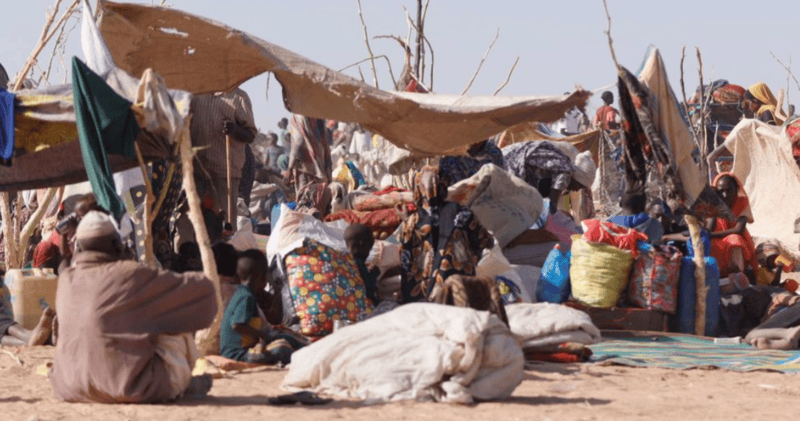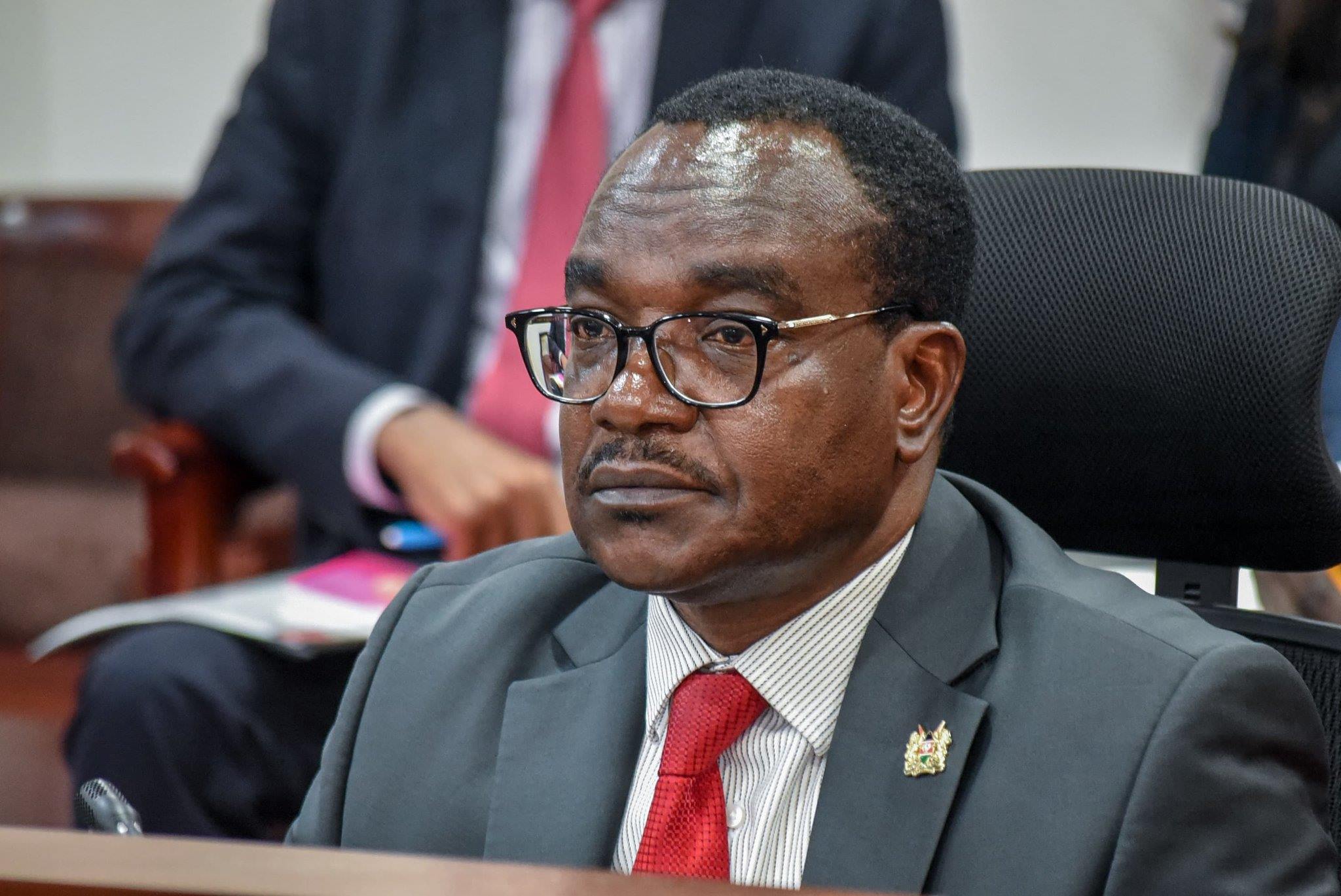Ruto's 'kuhara' remark sparks outrage among Kenyans, raises questions over his leadership
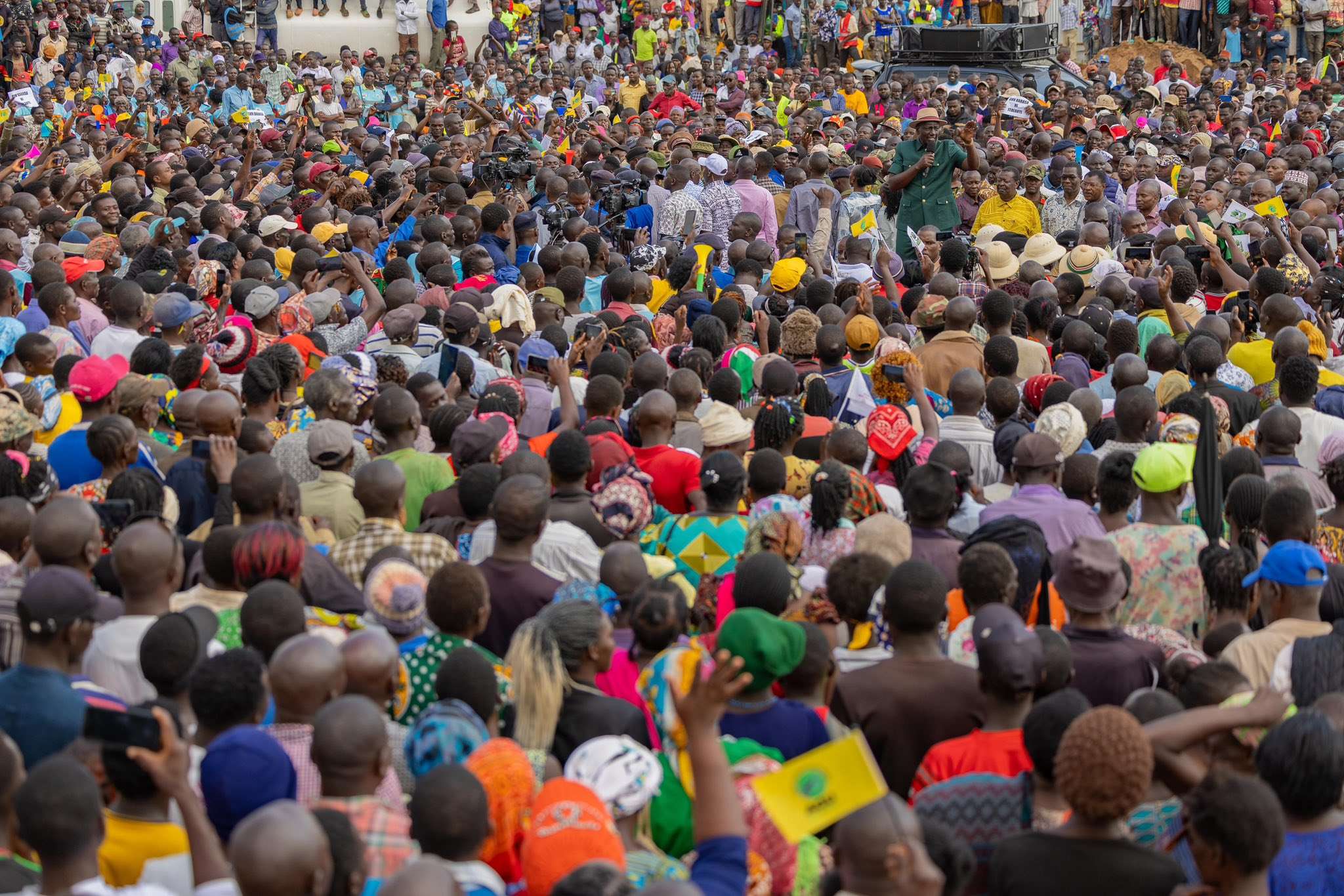
Reckless political utterances, hate speech, and inflammatory rhetoric have recently become common among politicians, and the trend now appears to have affected the mouth of the Head of State.
President William Ruto has once again sparked controversy with his choice of words, despite previously cautioning his allies against making divisive statements.
As the country grapples with various issues, including high taxes, high cost of living, unemployment, abductions, femicide, and extrajudicial killings, political leaders appear to have shifted their attention to the 2027 General Election, which is still two years away.
More To Read
- Raila Odinga mastered the art of political compromise for the good of Kenya
- Kenya appoints Severine Luyali as new Chief of Protocol
- Court told President Ruto not complainant in X post case against David Mokaya
- President Ruto outlines four Raila-inspired pillars to drive Kenya’s growth
- Raila Odinga’s life offers five key lessons to guide Kenya’s future - President Ruto
- Raila was a political engineer, and I was his student- Ruto
Reckless political utterances, hate speech, and inflammatory rhetoric have recently become common among politicians, and the trend now appears to have affected the mouth of the Head of State.
Speaking in Busia County on Thursday, Ruto responded to growing political discourse about the next election, urging leaders to remain patient and focus on their responsibilities.
However, his remarks were not well received by many Kenyans.
“Kuna wale wanasema tumeanza siasa. Wacheni kuhara mapema… siasa bado. Tukianza si mtakimbia. Ambia hao bado tunapangana na kazi,” Ruto said.
While these words appeared aimed at calming his fellow leaders, his choice of the Swahili word “Kuhara” a reference to diarrhoea, was seen as inappropriate and unbecoming of his position as head of state, even as he sought to suggest that his opponents were rushing unnecessarily.
Inappropriate language
The remarks ignited outrage on social media, and many Kenyans criticised the president for what they described as inappropriate language for a head of state.
While addressing congregants at AIC Kipkorgot Church in Uasin Gishu County last year in December, Ruto lectured parents to take an active role in instilling moral values in their children, arguing that many of the criminal activities witnessed today stem from a lack of proper upbringing.
“The government of Kenya cannot parent your children. Every parent must do their job. The government cannot preach to our children; they cannot teach them the word of God or what is good for them,” he said.
Despite his calls for morality, Kenyans online questioned whether Ruto himself was setting the right example.
“Sad thing, these are the very people lecturing Kenyan parents to teach their kids morals. Kwani Waafrika walirogwa ama ni laana? Imagine a US or German president talking like this,” Bernard Koech, an X user, said.
“A president saying this? One who says youths weren’t raised properly? Why is he wetting his pants this early? Are you sure this man will even complete half his term?” added Ungu Mwendia.
“William Ruto, stop lecturing parents to teach us manners when you’re the one teaching youths how to be mannerless. I hope you won’t start crying when your ‘kuhara’ remarks backfire,” Carol Makandi wrote.
“Can someone call his parents to teach him respect and conduct befitting his office?” Calvoh Wuod Okinyo posed.
Other Kenyans highlighted the contradiction in the president’s remarks, pointing to a lack of exemplary behaviour from leaders.
“With this kind of talk from government leadership, how will young people learn humility, emotional intelligence, or respect? They’ll only imitate what they see,” Mary Gathoni said.
Another X user urged leaders to address the nation’s challenges rather than engage in unproductive rhetoric.
“Politicians should stop this manipulation of emotions and focus on creating an environment for jobs, businesses, and economic growth,” Lucas Musili added.
The President’s remarks have drawn attention to the growing disconnect between the political class and the struggles of ordinary Kenyans, as citizens demand meaningful action on critical issues.
'Alien voters'
The Head of State’s remarks stems from accusations by Wiper party leader Kalonzo Musyoka, who on Wednesday claimed that the Kenya Kwanza administration has an elaborate plan to enlist aliens as voters ahead of the 2027 General Election.
Kalonzo alleged that the government might be taking advantage of the ongoing continuous voter registration exercise to recruit foreigners, warning that such a move would set a dangerous constitutional precedent.
“We hope William Ruto is not going to register aliens as voters. We suspect there could be plans underway to register aliens, not Kenyans, as voters in Kenya,” Kalonzo said.
He expressed fears that remarks by Kenya Kwanza politicians about their confidence in winning the 2027 election paint a troubling picture of electoral integrity in the country.
“We wonder where they will get the numbers. Every time they keep on saying, ‘We will win,’ yet we know the country is united against him (Ruto),” he said.
He further urged young people to actively register as voters, emphasising their role in determining the outcome of the next general election.
Kenyans have, however, questioned whether it is truly the right time to focus on campaigning or whether the priority should be addressing the urgent issues facing the country.
Many argue that, with the nation grappling with economic challenges, unemployment, and insecurity, political leaders should prioritise solutions rather than prematurely gear up for the 2027 elections.
Top Stories Today

